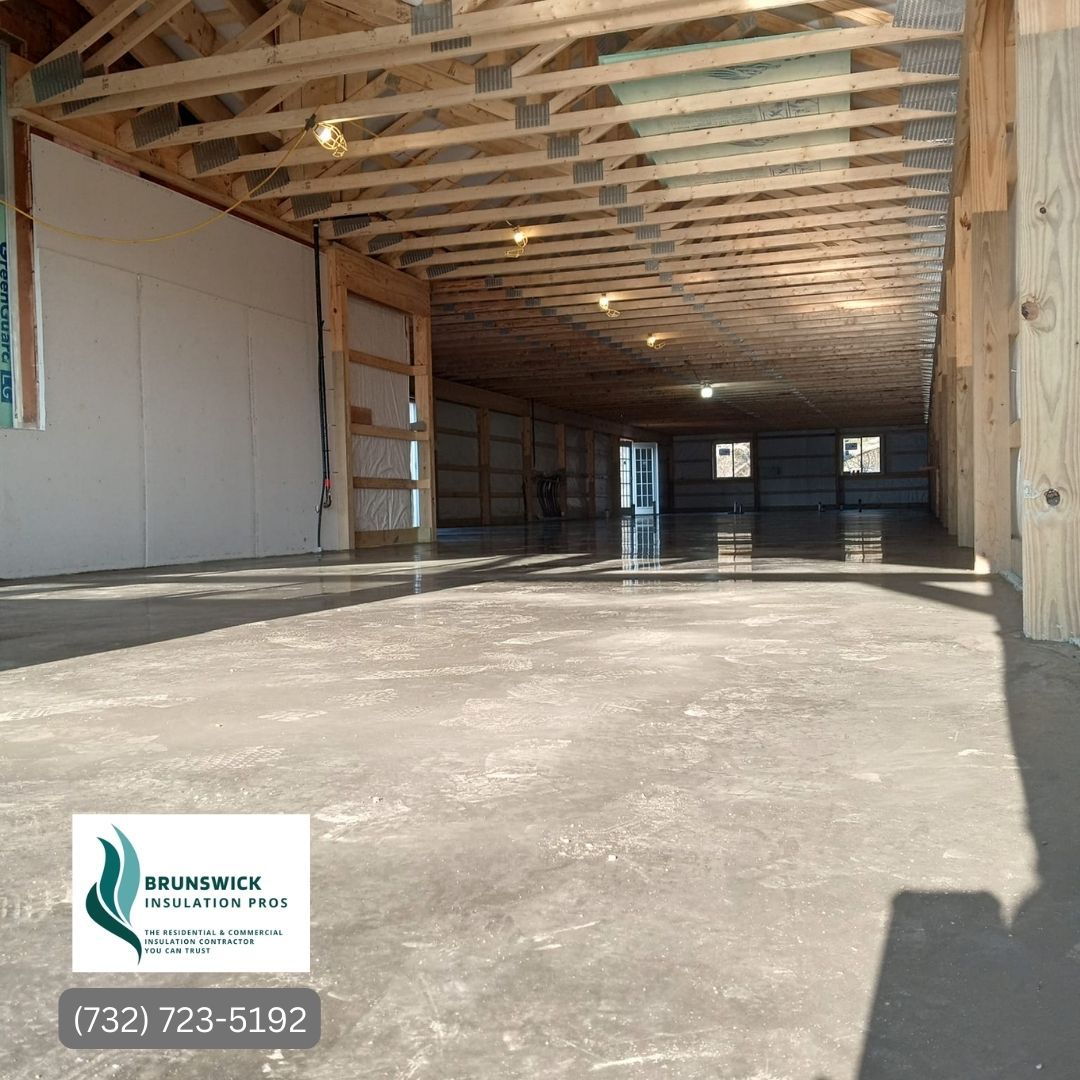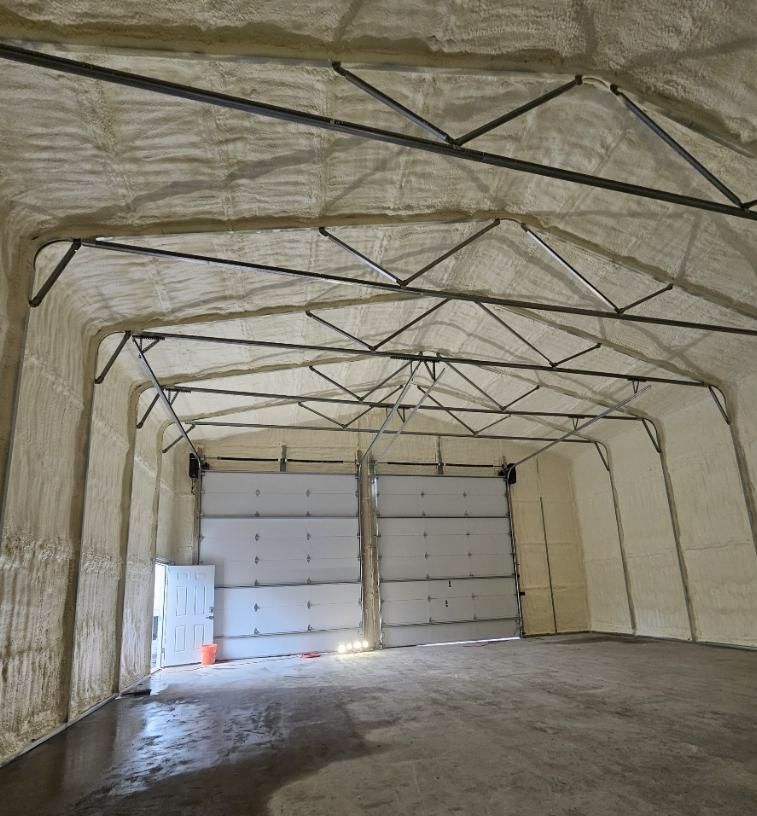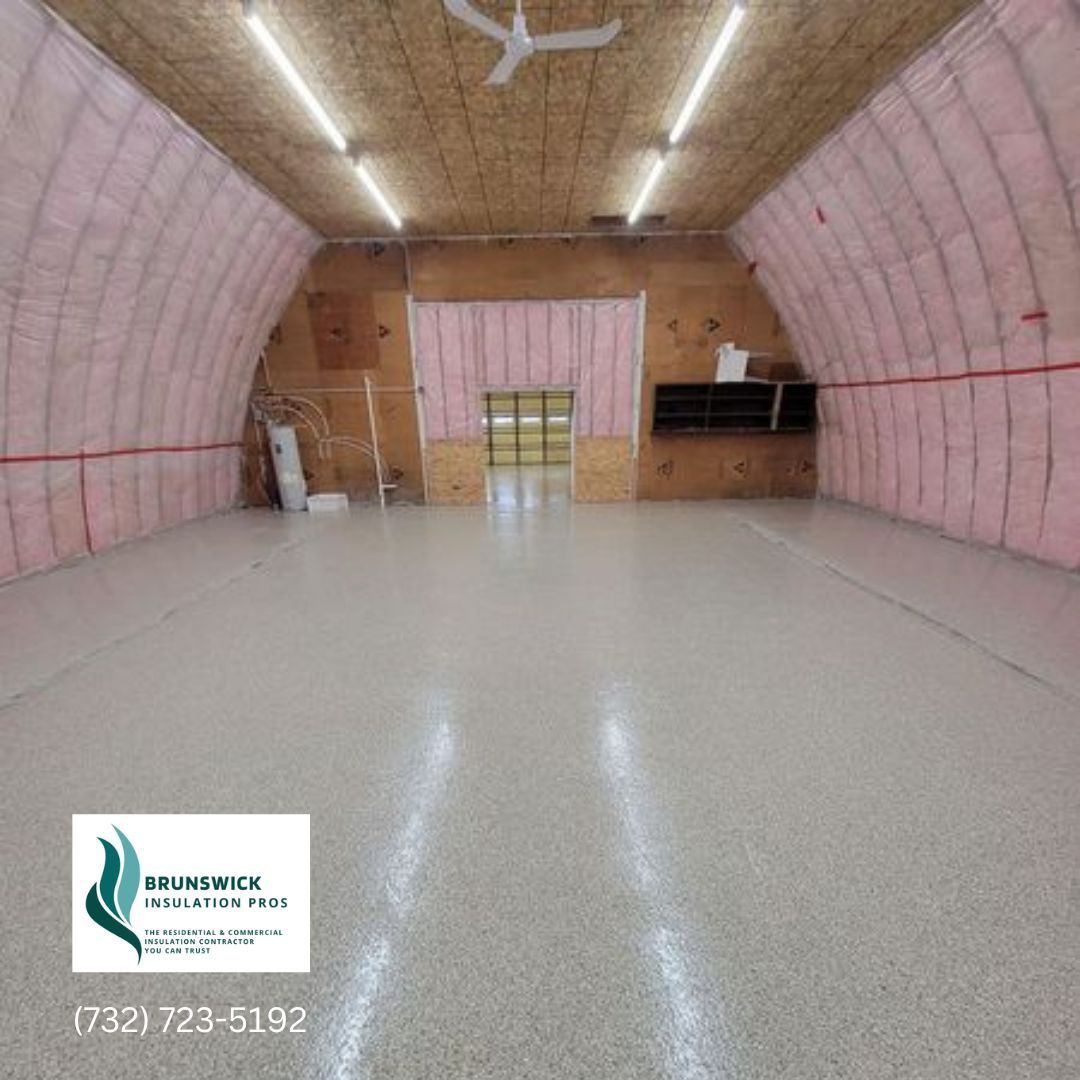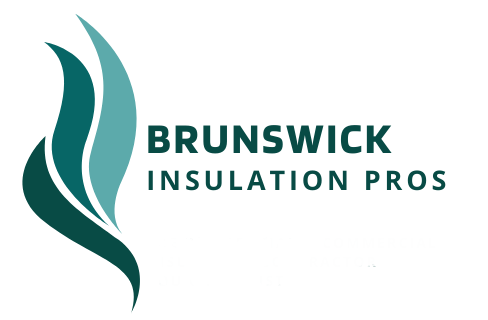Best Warehouse Insulation Contractor Near Me

Are you concerned about the atmosphere in your warehouse and the items that are stored in there?
Insulating a warehouse can save on energy expenses for cooling and heating, safeguard your stored goods, and raise the building's value. Sometimes the importance of warehouse insulation is underestimated, despite the fact that it is essential for creating comfortable and energy efficient environment. By using quality and suitable insulation materials, a business can drastically cut heating expenses and its carbon footprint by reducing heat loss during the colder months. Because of this cost-saving advantage, properly insulated warehouses maintain a temperature and that is more constant throughout the structure and it can minimize the risk of moisture and mold as well as it enhances the stability of stored goods. Moreover, sound pollution inside the building can be reduced with warehouse insulation, which is important in busy work conditions. It is evident that investing in high-quality insulation for warehouses may significantly improve working conditions and create a more environmentally friendly operational setting.
Call us at today (908) 948-8083 for more information on warehouse insulation.
Benefits of installing proper warehouse insulation
A warehouse is a lot of things happen from storing, packaging, distributing goods. We are the best insulation company, and we can successfully do any difficult insulation installation despite how complex or large the warehouse is. Enjoy the following benefits of insulating your warehouse
- Energy efficiency
- Protection from rodents and other pests
- Prevention from moisture issues
- Reduce sound pollution
- Provides healthy and comfortable working environment

Types of insulation that our warehouse insulation contractors can install
We have many types of general insulation installations, and different materials are utilized under each form of insulation. The materials we use depend on where you plan to use the insulation. So, these types and materials can be used for warehouses.
- Foam insulation
- Blown-in insulation
- Reflective fiberglass insulation
- Ecobatt fiberglass insulation
We also have the expertise on following insulation types
- Cellulose Insulation
- Faced Fiberglass Insulation
- Rigid Boards Insulation
- Radiant Barrier
Metal building insulation installation
If you consider about enhancing the efficiency and durability of a metal building, insulation plays a vital role in not only providing temperature regulation, but also in protecting the structural integrity of the construction. Protecting your metal building from the elements doesn't have to be complicated if you choose the right commercial insulation contractors. Batt insulation provides an effective solution for both industrial and commercial settings, with our experienced industrial insulation contractors on hand to ensure proper installation every time.
Why is the R-value important when you choose insulation?

The R-value is a measure of an insulation's ability to resist heat flow. The higher the R-value, the better the insulation will be at keeping heat in or out of a warehouse. The ability of an insulation sheet to resist heat flow is essentially measured by its R value. R values typically range from 1.5 to 7, and the higher the number, the better the insulation sheet is at insulating your home by increasing thermal efficiency. We assist you in choosing the R-value that is appropriate for your insulation requirements.
Never skip on the installation of industrial pipe insulation. High-performance industrial pipe insulation installation is a must for many reasons.
- To maintain the medium’s thermal stability for process security
- To offer thermal insulation in order to increase energy efficiency, lessen heat loss, and reduce carbon dioxide emissions
- To lessen turbulence-related noise in high-speed media
- To provide passive fire protection for improved plant safety
- Avoid corrosion by reducing humidity and moisture.

